Every second counts in critical moments, especially for emergency services racing against time. The integration of a Driver...
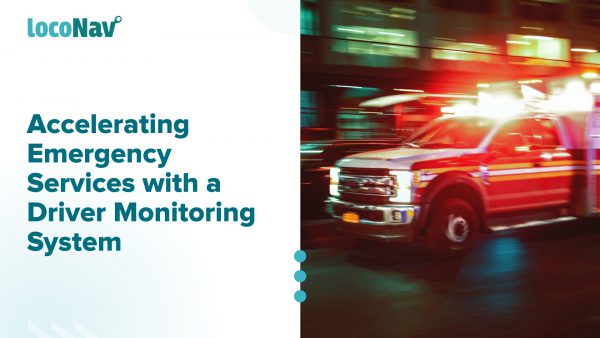
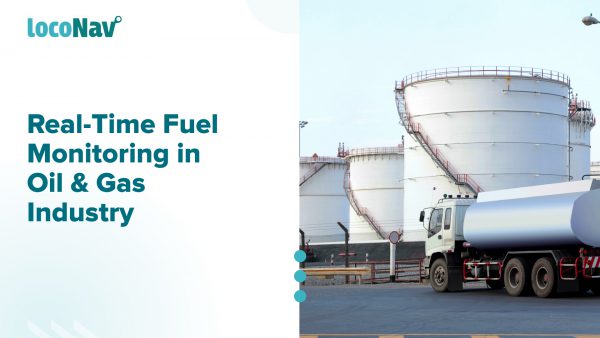
Real-Time Fuel Monitoring in Oil & Gas Industry: A Crucial Tool for Asset Protection
Progression of technology has a direct impact on how fleets are managed around the world. Fuel is an...
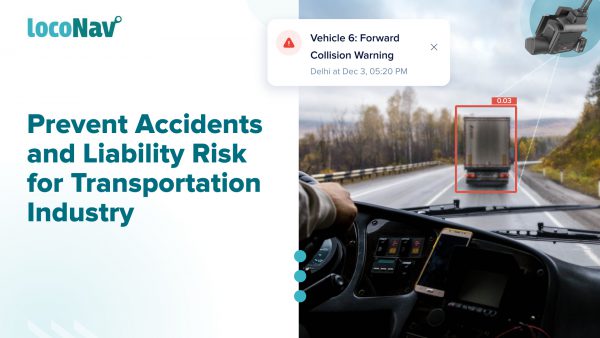
Preventing Accidents and Liability Risk for Transportation Industry: Enhancing Fleet Safety With AI-Powered Driver Monitoring
The transportation business is highly competitive because of the rising popularity of smart telematics solutions. Fleet operators are...
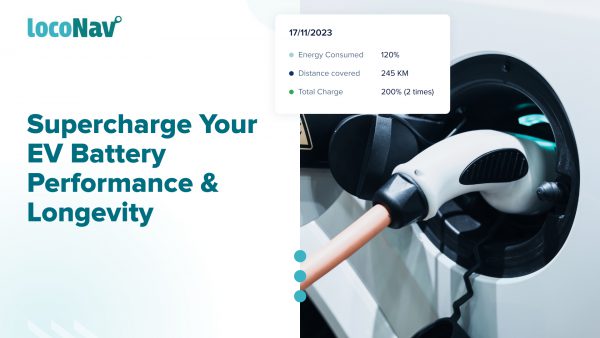
Unlocking Potential: Strategies for Maximising Electric Vehicle Battery Performance and Longevity
In the rapidly evolving landscape of electric fleet management, ensuring the longevity and optimal performance of your electric...

Top Challenges in Fleet Management and How to Overcome Them
Fleet management is a complex task that involves overseeing various aspects of a company’s vehicle operations. While it...
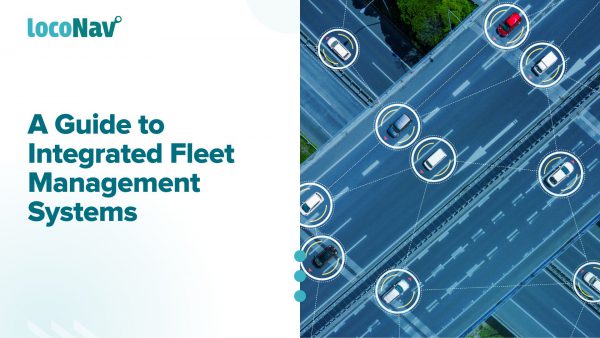
Integrated Fleet Management System: A Comprehensive Guide
In today’s rapidly advancing world of fleet management, having a competitive edge means going beyond merely having vehicles...
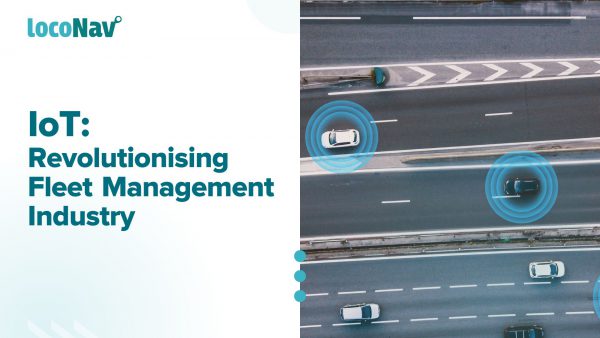
How IoT is Revolutionising Fleet Management
The integration of Internet of Things (IoT) technology has emerged as a powerful catalyst for change in an...
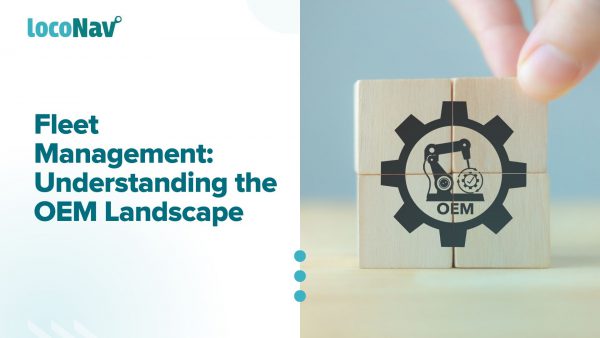
Why OEMs Should Embrace Fleet Management Solutions for Success
Original Equipment Manufacturers (OEMs) are faced with a pivotal decision in today’s business landscape that could redefine their...

Commercial Fleet Tracking: How to Choose Tracking Solutions for Small Businesses
For small businesses with vehicle fleets, whether you run a delivery service, a local plumbing company, or a...
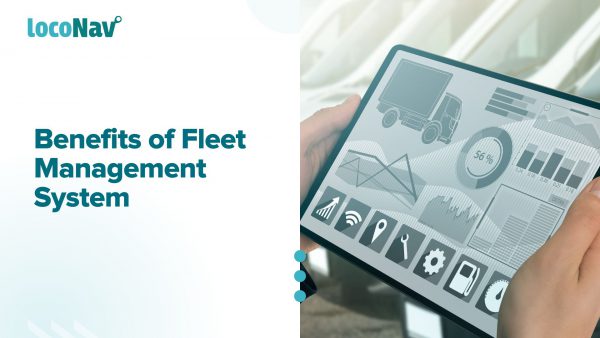
Benefits of Fleet Management System: Streamline Your Operations and Maximise Efficiency
The efficient management of assets is essential to succeed as a modern business. For businesses that rely on...

Decoding Loop Recording in Dash Cams: Your Guide to Safer Journeys
Dash cams are invaluable tools for both everyday drivers and fleet managers. These compact devices, strategically mounted on...

Understanding the Difference Between ADAS and Autonomous Driving
In the realm of automotive technology, two terms frequently emerge in discussions about the future of driving: ADAS...
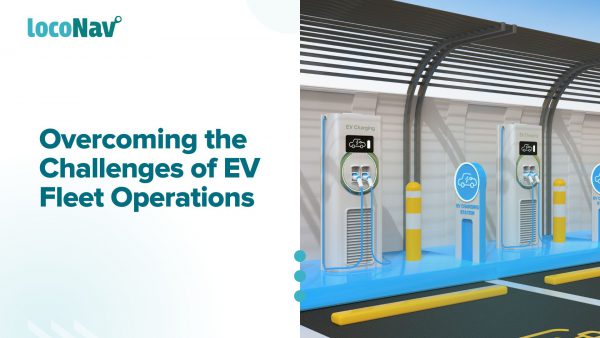
Challenges and Solutions: Making the Most of EV Fleet Operations
The transition to electric vehicles (EVs) in fleet operations represents a monumental shift towards sustainability and efficiency. However,...

Beyond Accidents: Innovative Uses of Dash Cams for Fleet Management
Dash cams have long been recognized as valuable tools for recording accidents and incidents on the road. However,...
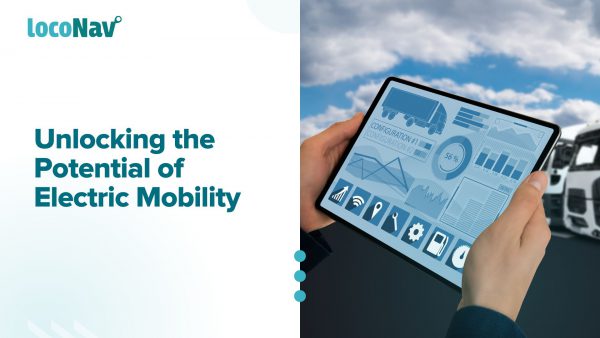
Smooth Operations Ahead: How EV Fleet Management Enhances Your Business
Today’s dynamic business landscape requires staying ahead of the curve. This means embracing innovative solutions that not only...

Capturing Every Detail: The Advantages of 4K Dash Cams for Vehicle Security
Every moment counts when you are on the road. Ensuring your safety has never been more crucial. This...
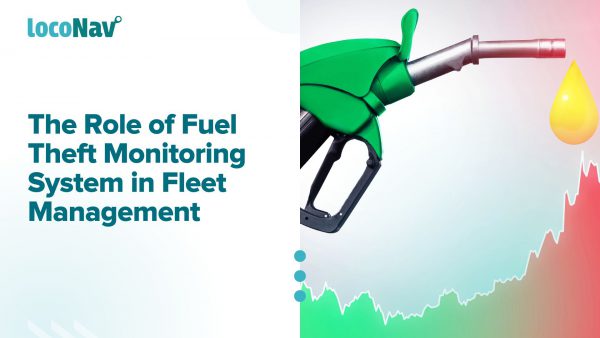
Guarding Your Fuel: How a Fuel Theft Monitoring System Safeguards Your Fleet
The business of fleet management revolves around efficiency and cost-effectiveness. Safeguarding your most precious resource – fuel –...

Efficiency Meets Sustainability: The Power of EV Fleet Management Software
Businesses are increasingly embracing sustainable practices, and electric vehicles (EVs) have emerged as a game-changer in the realm...

Choosing the Ideal Dash Cam for Your Car: Features to Consider
Advancements made in the field of technology have made it seamlessly integrate with everyday life. In the automotive...
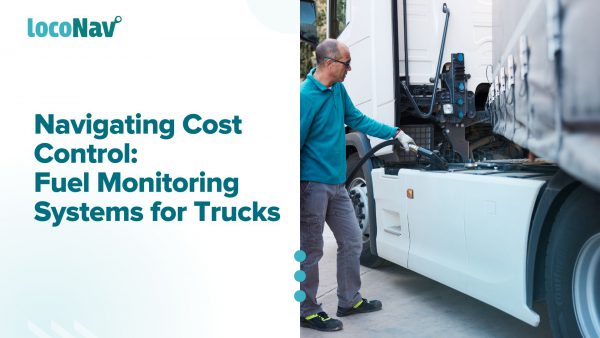
Fuel Monitoring System for Trucks: Enhancing Efficiency and Cost Control
With the rapid advancement of technology, the efficient management of fuel consumption has become a crucial factor in...